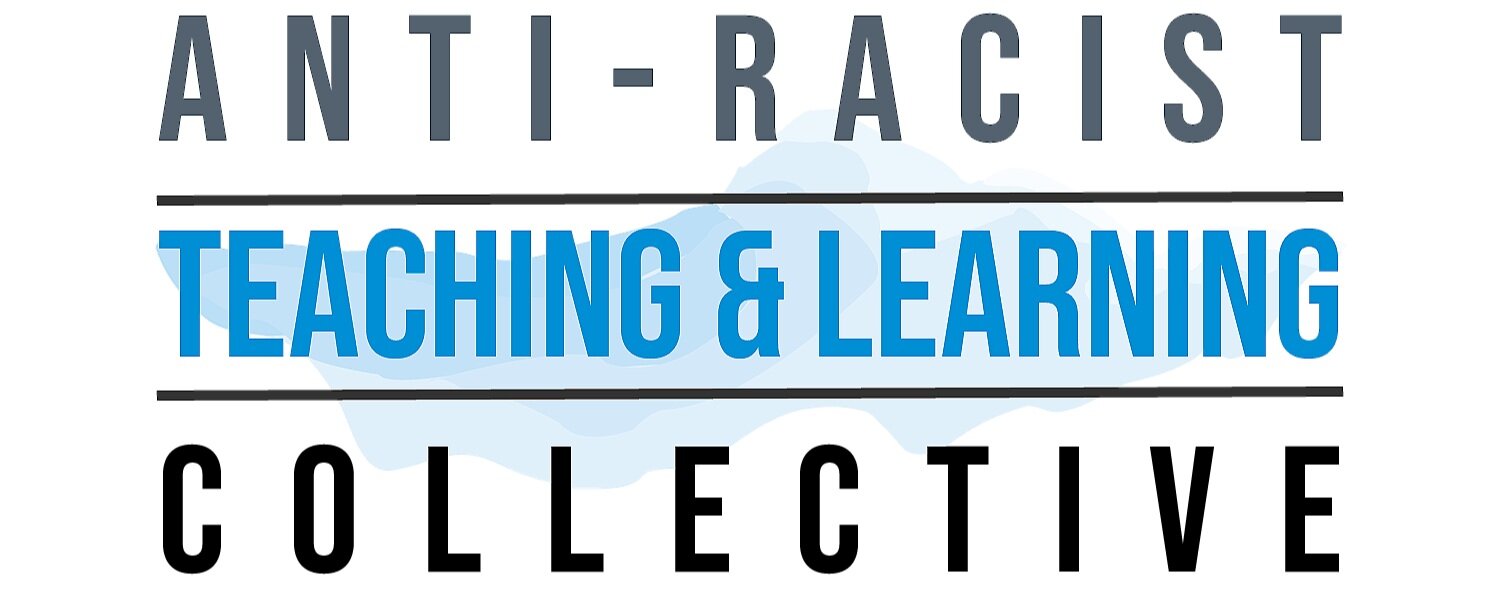Krista Bianchini
English teacher at a high school in Middletown
“They want to engage in these conversations even when they’re unsure, [...] they’re trying to unpack their own perspectives or their own biases.”
Krista Bianchini, an English teacher at a high school in Middletown, describes the return to school in one word: “chaotic.” Nevertheless, the chaos has not halted her efforts to provide an anti-racist education. This year is the first year that the district is offering a Latinx literature course. As the instructor for this class and others, Bianchini, her colleagues, and their students constantly share and discuss articles they’ve read, perspectives they’ve encountered, and ideas for how current events could be made relevant for class.
“We organically share our information but we’re also making sure that we’re putting back into the schedule, our equity circle meetings and letting the staff know this is still very important this is still something we’re talking about. We’re moving to the next step which is strategies, direct support, student feedback, student engagement—it didn’t go away.”
Despite this persistence, Bianchini admits that one obstacle she faces is having her anti-racist work prioritized by the district. Professional development meetings on hybrid learning platforms, open houses, district wide trainings, can push the issue to the side. “This is still important, please make it sound like this is still important in your meetings, don’t make it sound like it’s a thing that we have to do because it’s at the end of the month.” She insists. “Give that voice and intentionality.”
A great source of hope for Bianchini is the fact that her students continue to display fervent interest in applying an anti-racist lens to the matters of the day. “They’re coming to me like ‘hey can we talk about this? I’ve seen this in the news, I’ve heard about such-and-such is this what’s really happening? What do you think about this’” She relates. “They want to engage in these conversations even when they’re unsure or when they’re not fully understanding what's happening or they're trying to unpack their own perspectives or their own biases.”
“We’ve kind of reached this point where, for the naysayers who don't want to necessarily address race in the classroom and discuss white privilege and systemic racism and all of that … where we’re all like ‘we don’t really care that you don't want to talk about it: it’s there. You can get on the bus if you want to or not but we’re not going to necessarily be quiet or tiptoe around the topic anymore.’”

